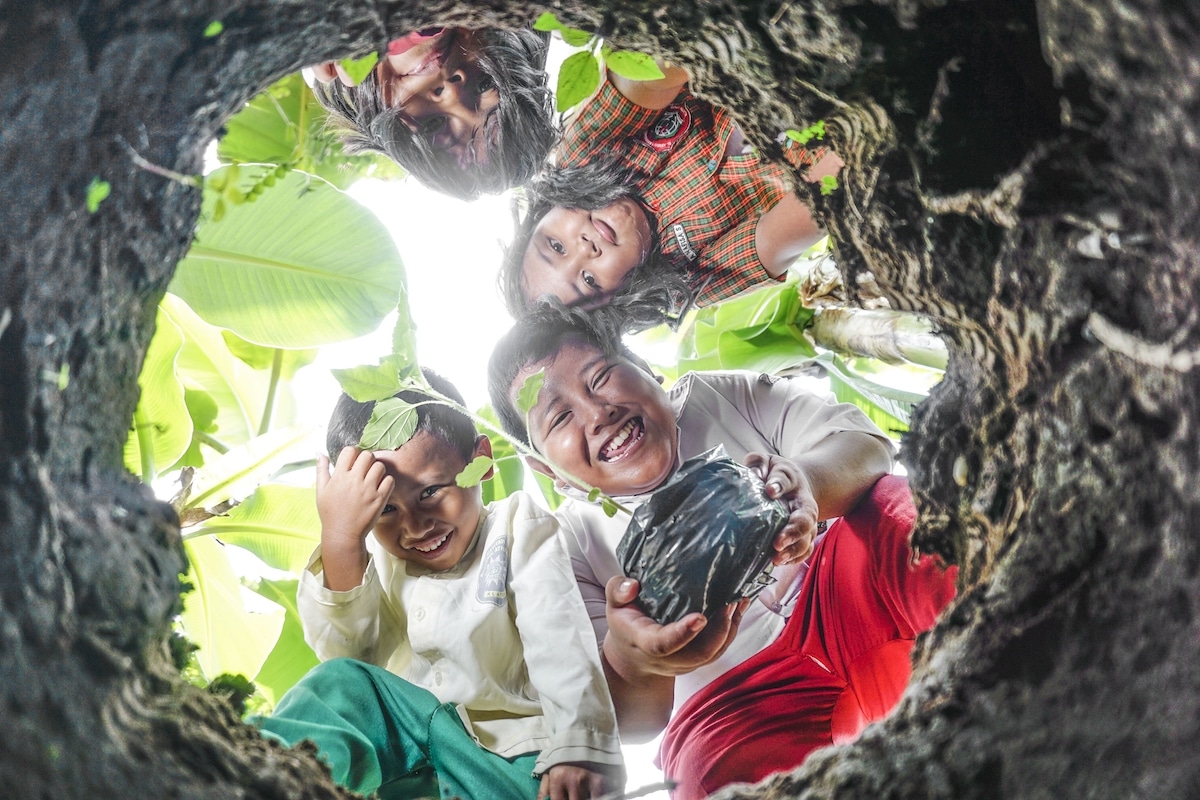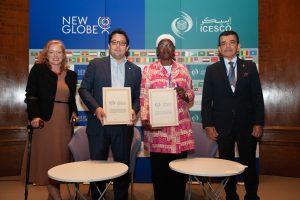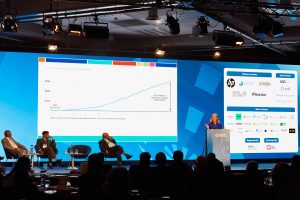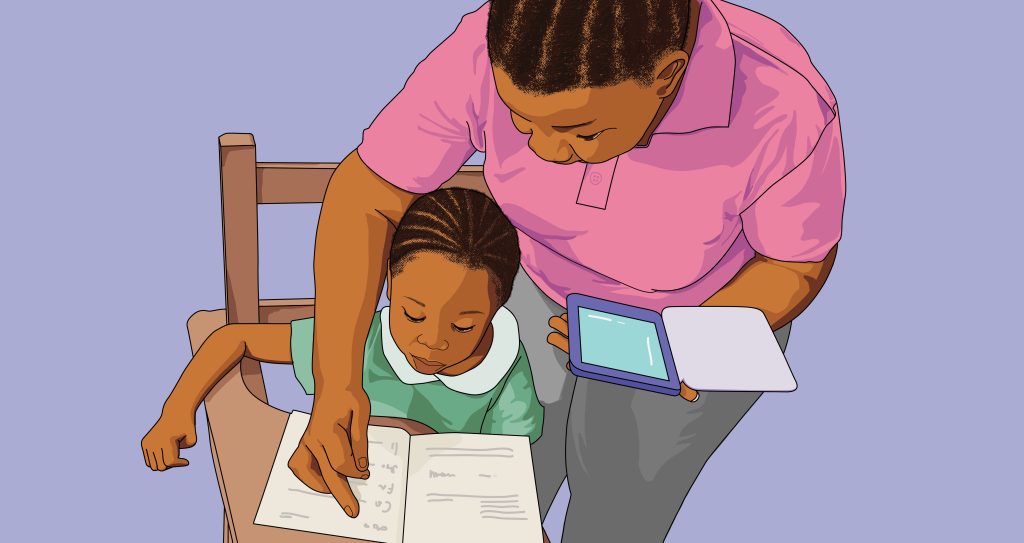UN Global Compact: Powering Change
By Omowale David-Ashiru, MD Group Nigeria, NewGlobe
25,000 leaders from the worlds of Business, Government, the UN, and Civil Society are convening in a Summit this week, starting today 15 June and ending tomorrow 16 June. It is meeting virtually, because of the global Covid pandemic – to mark 20 years of a worldwide commitment to social impact. They are all part of the largest initiative there has ever been to drive social good – the UN Global Compact.
Every organization forming part of the UN Global Compact works to further its goals of making the world a better, fairer place. They support the Ten Principles of the Global Compact on human rights, labour, environment and anti-corruption. They also commit to engaging in collaborative projects which advance the broader development goals of the United Nations, particularly the Sustainable Development Goals (SDGs).
That includes NewGlobe, as a learning leader supporting the education of nearly one million children a day across Africa.
As long term signatories, we stand behind the Compact’s recognition that:
“Investing in education is essential to developing a skilled workforce for the future and improving economic growth. Increasing smart investment in education over the longer term is needed.”
We also recognize that transformation change in education systems requires more than investment. It also rests on long-sighted and ambitious political and community leadership.
Increasingly, such change is being prioritized by political leaders who recognize its overwhelming benefits for their societies, benefits which reach far beyond economic growth.
Across Africa, Governments, societies and communities are being supported by learning leaders like NewGlobe in partnerships – exactly the types of partnerships advocated by the UN Global Compact – with the power to revolutionize educational outcomes for millions of children and help build stable, equitable and prosperous societies.
In Nigeria we are delighted to work with the EKOEXCEL and EdoBEST programmes which thanks to far-sighted political leadership on behalf of the Governors of Lagos and Edo States are delivering education system transformation and hugely improved learning outcomes for hundreds of thousands of primary school children.
In Liberia our programme supports the Liberian Government to improve teaching and learning in schools, educating tens of thousands of students across the country with dramatically improved outcomes.
What unites all of these programmes is NewGlobe’s commitment to learning as a science, and the use of education data to improve every aspect of learning. We are learning about learning constantly, and everything we learn is applied to make outcomes for students better and better.
We are proud of our work. We also recognize that far more is needed if the UN’s Sustainable Development Goal #4, ensuring inclusive and equitable quality education and promoting lifelong learning opportunities for all, is to be achieved. Tens of millions of African children remain out of school or are in school but not receiving the high-quality education they require to build our shared future.

As Kenya’s President Kenyatta commented recently, in a call to the Global Partnership for Education (GPE) partner countries to prioritize education financing:
“We need to make smart investments in education technology to help close the digital divide and leapfrog infrastructure deficits in schools.”
President Kenyatta called on Heads of State of GPE partner countries to join him in endorsing a political statement to prioritize, protect and increase domestic financing for education towards the 20% global benchmark, to set policies that ensure financing reaches the most vulnerable, leaving no child behind, and to ensure the efficient use of resources.
The global benchmark is a recognition that lower-middle-income countries will need to increase public spending on education to at least 15 to 20 percent of their total public expenditure, with a focus on basic education.
The Covid Pandemic Challenge to Education Across Africa: Our Response
The Covid pandemic which has disrupted education across Africa and the world has made such investment even more urgent. But it has also shown how technology can be harvested in support of learning.
In Lagos State, nearly half a million mp3 players were distributed to students during school lockdown through the EKOEXCEL programme. They provide grade-appropriate pre-recorded lessons – regularly updated – to make learning at home easier and more accessible for children of all households. This was the largest ever eLearning drive in Africa. It shows what can be done with smart investments in education technology.
Local, national and international leaders are focused on ‘building back better’. In education, this means reviewing what is proven to work at a system-wide level in Africa and replicating those approaches.
This week’s UN Global Compact Leaders’ Summit will – in its own words –
“Elevate ambition for strategic collective action. Only through multi-stakeholder collaboration, innovative thought leadership, transparent reporting on progress and focused data-driven initiatives can we get back on track.”
As leaders in learning and supporters of the urgent need recognized by governments, communities and all UN Global Compact signatories to invest in educational transformation, we could not agree more.
This blog appeared originally on Impakter, June 15, 2021.



